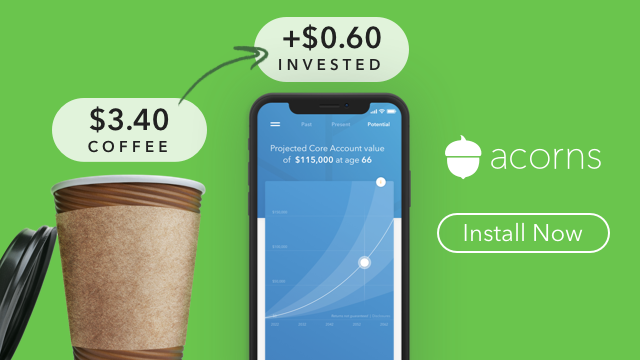What are the laws regarding Credit Card Interest Rates?
How high can they go?
The Credit Card Accountablity, Responsibility and Disclosure Act of 2009 or Card Act that was passed a couple of years ago has had a fairly large impact in how creditors are allowed to respond to their creditors actions. How high can the credit card companies raise your interest rate if you miss a payment… Well, unfortunately there is no cap on high they can raise your interest rate can go if you fall behind. Here in early 2012 the average default interest rate is 28.6%. There are cards that charge as high at 79.99%.
Penalties
One of the key parameters of the law was the penalty payment due for missed payments. The first time you fall behind you will be charged $25. Repeat offenses will be charged at $35 per month for the month 2-6 that you are behind.
What happened to Usuary laws?
Usuary used to set a high cap on what the legal amount interest could be charged for loaning money to someone. The credit card companies have been able to legally sidestep past usuary laws due to newer federal law and Supreme Court decisions.
Federal Credit Unions
There is a rate cap on Federally chartered credit unions of 18% so if you need to get a credit card looking in to a Federally chartered credit union may be a good choice for you.
Reversing Interest Rate Hikes
If you find yourself in a position where your credit card rate has increased dramatically then you must know that according to the new law if you make your minimum payment for at least 6 months in a row than your creditor is required by law to decrease your interest to where it used to be before the increase.
Asking for a Lower Rate
If all else fails you should ask your creditor directly if they will grant you an interest increase.
Balance Transfer
If your credit score is in good shape you may be able to lower your interest rate by transferring your current balance to a lower interest rate card.
 Follow
Follow
